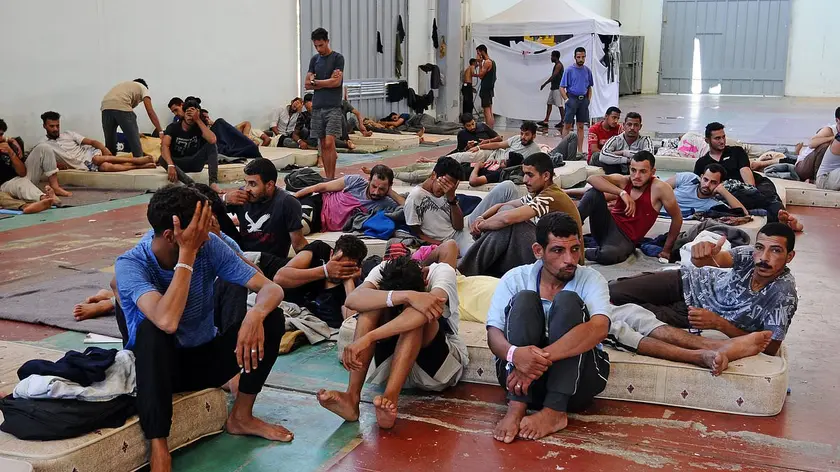T4K3.news
Migrant boats capsize off Italian coast
Two boats carrying more than 90 people capsized off the Italian coast, leaving at least 27 dead as survivors recount a chaotic sequence.
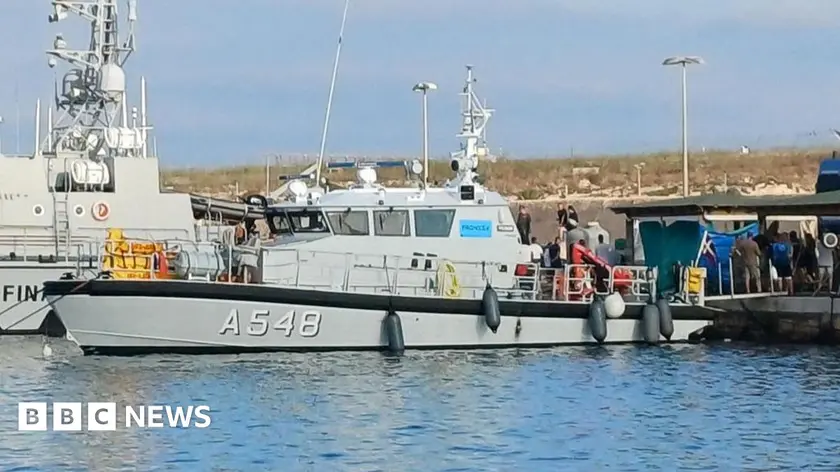
The UN says more than 700 people have died trying to cross the central Mediterranean in 2025, underscoring ongoing peril and political tension over rescue duties.
Migrant boats capsize off Italian coast killing at least 27
Two migrant boats carrying more than 90 people capsized off the Italian coast. The coast guard said 27 people have died and crews are still searching for survivors. The cause of the capsizes is not yet known, and investigators are looking into what happened. Survivors told La Repubblica that after the first boat went down, passengers moved to the second vessel, which then began taking on water. The UN International Organization for Migration noted the two boats carried more than 90 people in total. Separately, the UN refugee agency said more than 700 migrants have died this year crossing the central Mediterranean.
Prime Minister Giorgia Meloni condemned the trafficking networks behind the journeys, saying the acts expose a moral failure and calling for strong action against smugglers. The tragedy adds to a year marked by deadly incidents along one of Europe’s busiest migrant routes and comes as Europe wrestles with how to manage rescue duties and border controls while facing political pressure and public concern.
Key Takeaways
"When a tragedy like today's occurs, with the deaths of dozens of people in the waters of the Mediterranean, a strong sense of dismay and compassion rises in all of us."
Meloni's response to the disaster
"All hell broke loose. I never saw them again, my little girl slipped away, I lost them both."
Survivor account reported to La Repubblica
"We had set out on two boats, but one capsized, so we all climbed aboard one of them."
Survivor account on sequence of events
"We find ourselves contemplating the inhumane cynicism with which human traffickers organise these sinister journeys."
Meloni's remarks condemning traffickers
The incident highlights a long-running policy fault line in Europe. Rescue obligations, search and rescue funding, and the pace of reforms to safe and legal routes remain hotly debated in capitals across the EU. Tragedies like this test the balance between humanitarian duties and political seeks to deter migration, often drawing sharp criticism from opponents of migration and budget hawks. The immediate focus will be on casualty counts and rescue operations, but the wider question is whether Europe will offer more predictable, lawful pathways for migrants to reduce such dangers.
Looking ahead, policymakers face pressure to fund, coordinate, and reform rescue regimes while avoiding broad backlash at a time of economic strain. If the public perception shifts toward blame rather than care, it could harden political positions and stall needed reforms. The human costs of inaction are clear; so is the need for policy courage and practical rescue capacity.
Highlights
- Safe routes are not a luxury they are a lifeline
- The sea must not become a border obstacle
- Policy debates must keep people at the center of the response
- Tragedy on the water calls for action not rhetoric
Migration policy under pressure after tragedy
The disaster intensifies political and budgetary scrutiny of rescue duties, border controls, and funding for migration management across Europe. It risks fueling backlash and calls for change in policy and funding.
Policy choices will shape lives beyond the numbers.
Enjoyed this? Let your friends know!
Related News
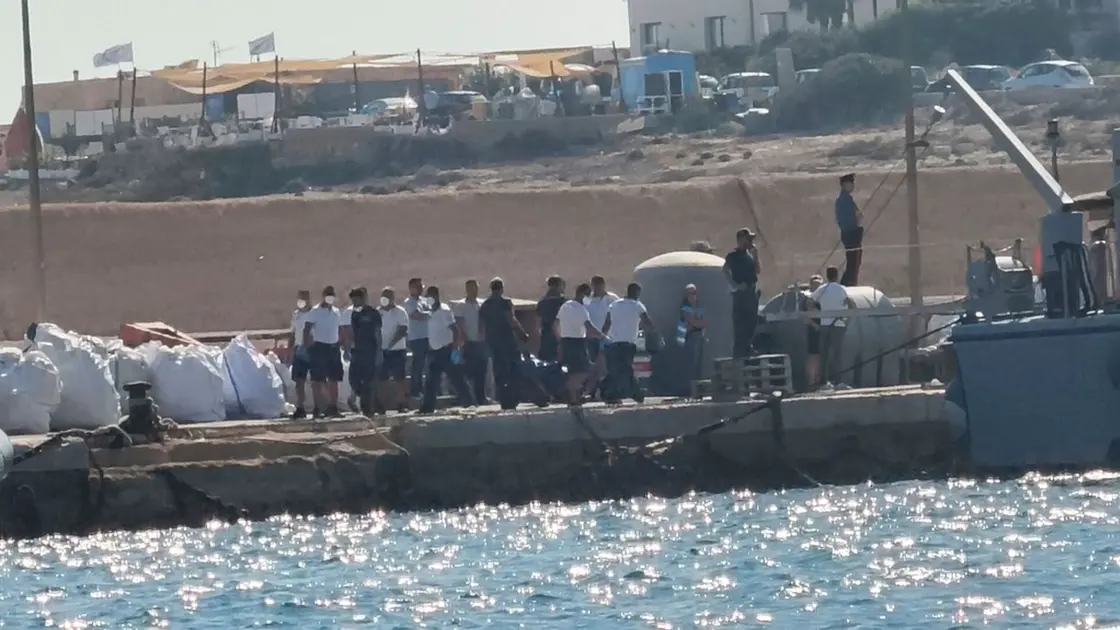
Migrants die in boat capsizing off Lampedusa
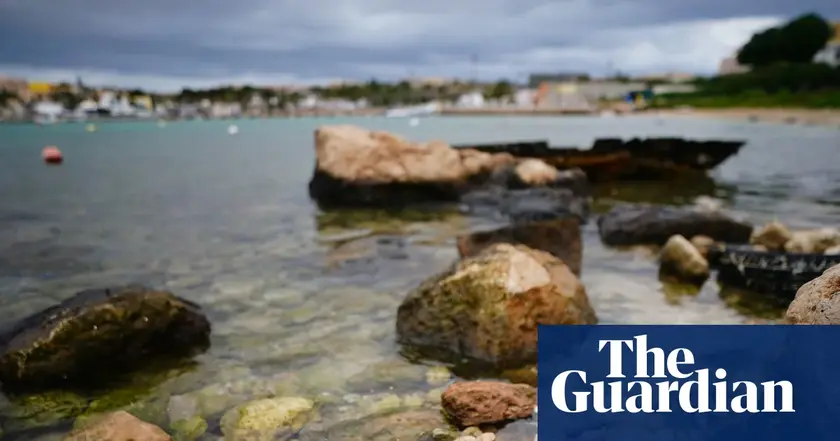
Disaster at sea near Lampedusa
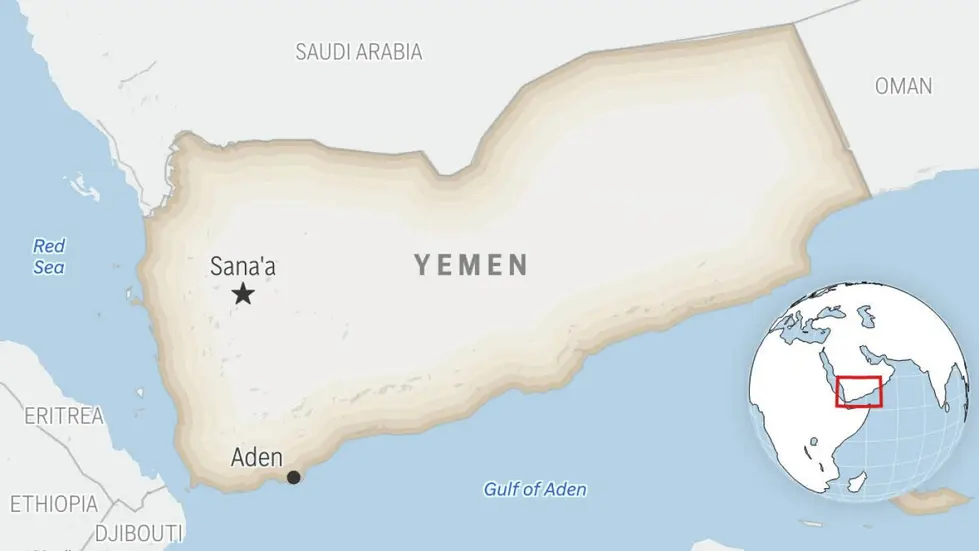
Dozens of migrants confirmed dead in Yemen shipwreck
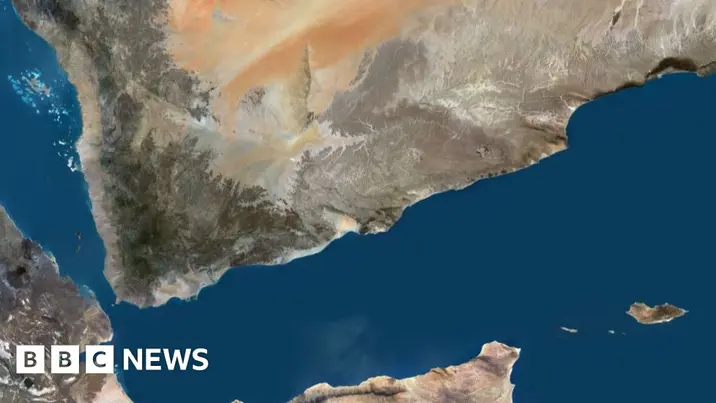
Migrant boat capsizes off Yemen, over 60 dead
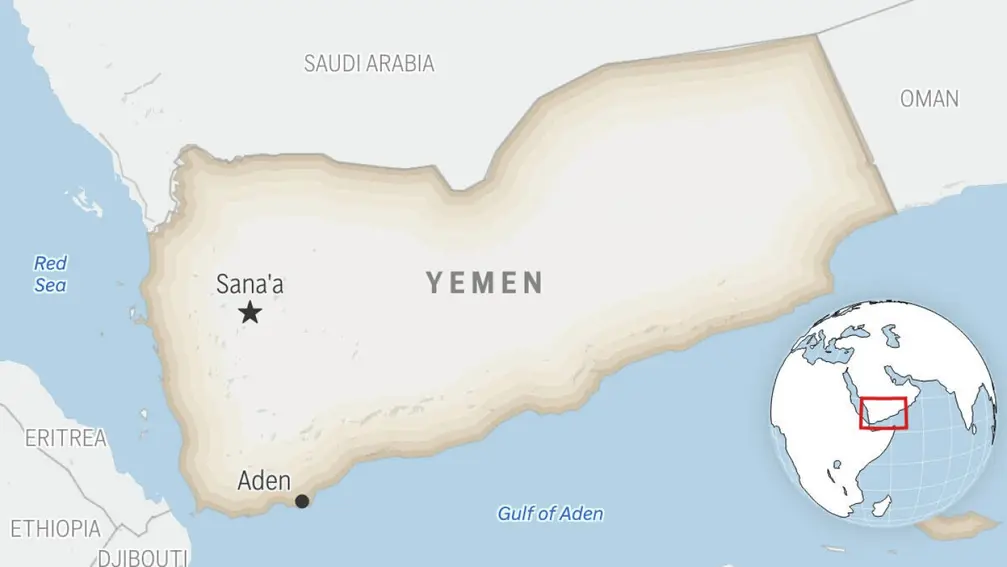
UN confirms 68 African migrants lost in shipwreck
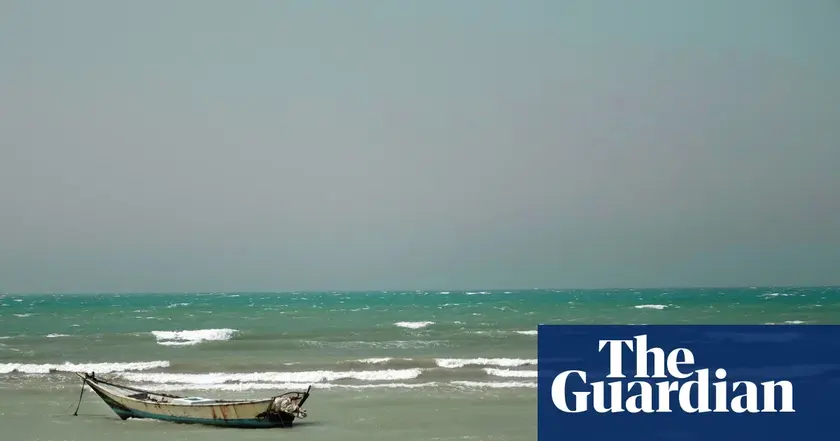
Migrant boat disaster off Yemen claims lives
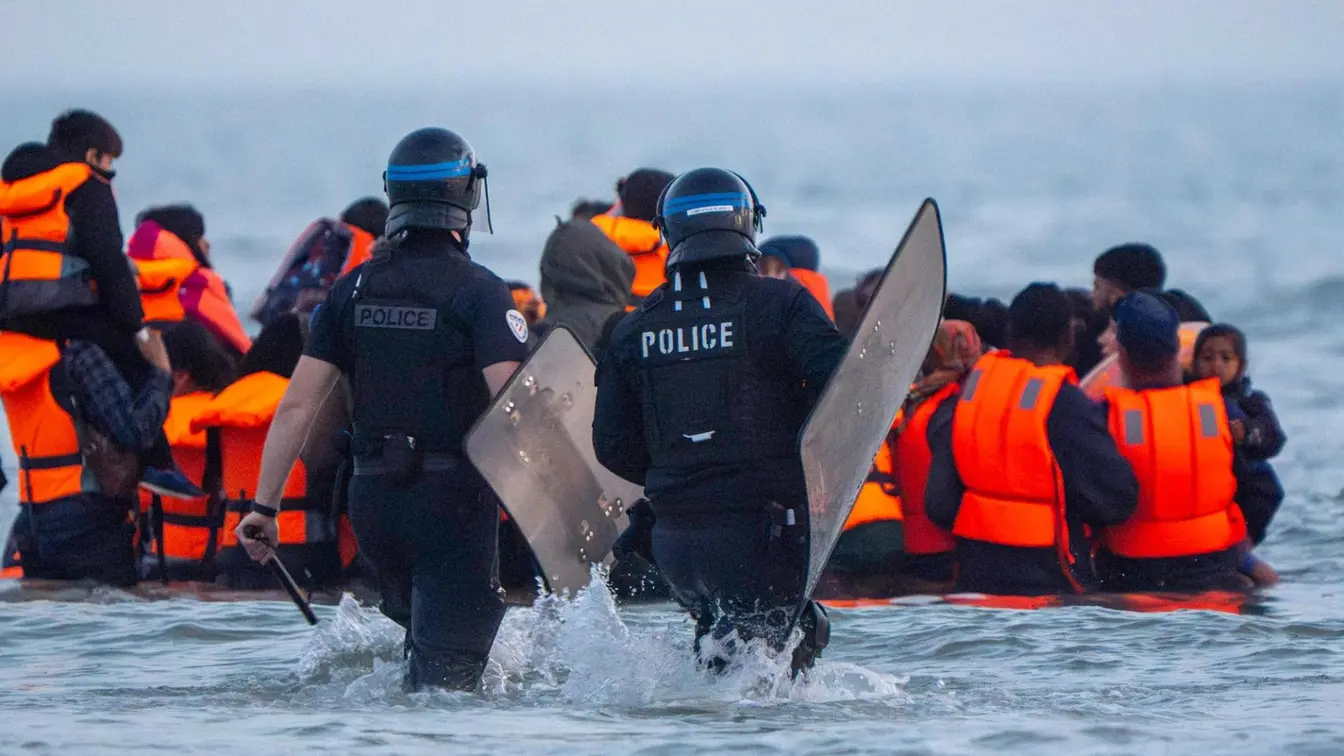
Migrant found dead near Dunkirk after shooting incident
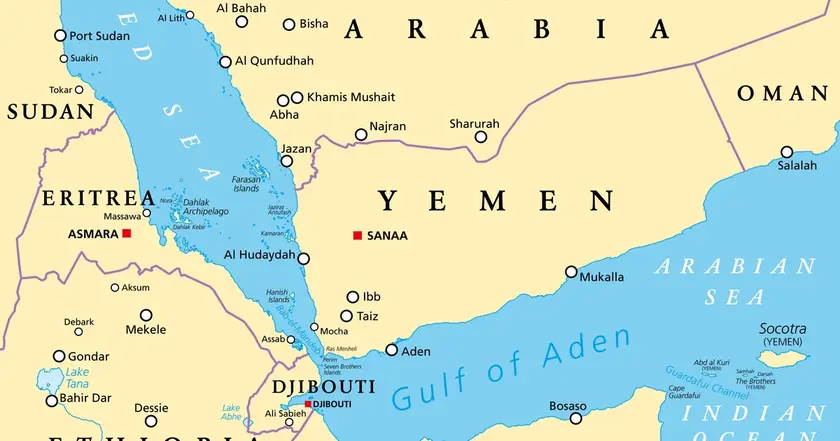
Migrant boat sinking off Yemen results in 76 confirmed deaths
